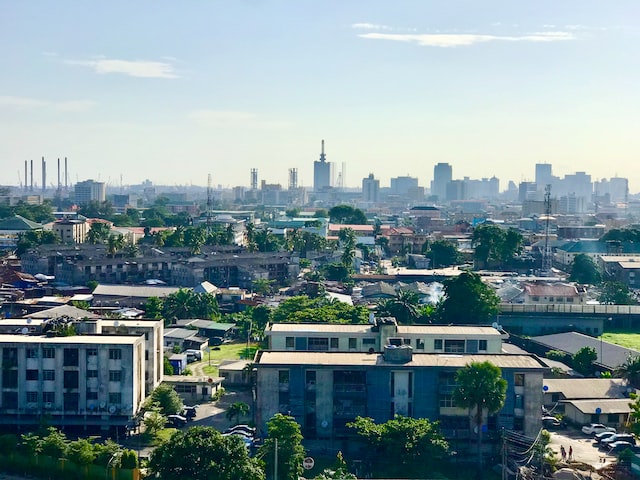Nigeria | What is the Legal Framework for Debt Collection in Nigeria?(1)
Contributed by CJP Ogugbara, CJP Ogugbara & Co (Sui Generis Avocats), Nigeria.
There is no formalized or established institution in Nigeria that is saddled with the responsibility of collecting debts in Nigeria. There is also no legislative instrument that regulates the administration of a debt collection industry. The Companies and Allied Matters Act, 2020 innovatively introduced the Insolvency Practitioners Industry. Section 704 of the Act makes provisions for the regulation of Insolvency Industry. Legally speaking, insolvency is different from Debt Collection as an independent regime of industry. The Insolvency under Section 705(1)(c) is regulated by the Business Recovery and Insolvency Practitioners Association of Nigeria (BRIPAN) or his any other professional body recognized by the Corporate Affairs Commission. Moreso, there is a requirement of a license issued by the Commission before anybody can engage in an Insolvency Practice.
The only related regulated institution or industry similar to debt collection administration in Nigeria is the activities of the Asset Management Corporation Of Nigeria (AMCON) guaranteed by the Asset Management Corporation Of Nigeria Act, 2010 and other subsequent amendments to the Act. The AMCON was created to be a key stabilizing and re-vitalizing tool aimed at reviving the financial system by efficiently resolving the non-performing loan assets of the banks in the Nigerian economy. Simply speaking, AMCON was established as a result of the constant growth of loans, which were not performing in some banks within the Nigerian system. Thus, the AMCON acquires these non-performing loans in the form of assets from the Lending-Banks and in turn goes after the debtors either through the disposal of the collaterals used in securing such loans or other means permissible by the AMCON Act; most often litigation against the debtors for recovery of the principal sums and interests.
The system of Insolvency Practice and the operation of AMCON is highly restrictive. It is direct and specific. It is not general. While AMCON is only associated with loans and banks only, the Insolvency applies to distress companies simpliciter. Thus, the institution of debt collection does not have a presence in Nigeria. Unlike in the United States of America where debt collections are carried out through the instrumentalities of agencies regulated under the Federal “Fair Debt Collection Practices Act of 1977”. This Act empowers, registers and licenses persons and organizations to carry out debt recovery from debtors. It also lays down the modalities and procedures deployed in the collection process. The Act categorizes the pattern which the collection can take to wit: either in a contingency contract arrangement between the creditor and the debt collecting agent (third party) or by a debt buy-out by the debt buyer. Unfortunately, none of these regulated legal frameworks is available in Nigeria for debt collection industry. There is also no form of policy direction on third party agencies for debt collection in Nigeria.
Contributor: CJP Ogugbara
Agency/Firm: CJP Ogugbara & Co (Sui Generis Avocats)(English)
Position/Title: Founding Partner
Country: Nigeria
For more posts contributed by CJP Ogugbara and CJP Ogugbara & Co (Sui Generis Avocats), please click here.
The Q&A Global is a special column run by CJO Global, and serves as a knowledge-sharing platform to facilitate peer learning and networking, and to provide the international business community with a global landscape of this industry.
This post is a contribution from CJP Ogugbara & Co (Sui Generis Avocats). Established in 2014 as a Partnership Firm in Nigeria, CJP Ogugbara & Co has been working along and engaging in dispute management, litigation and arbitration, commercial practice: real estate and investment advisory, tax practice and energy consultancy. Apart from the core practice areas, they also facilitate and extend practice to the development of clients’ businesses and corporate interests, especially as they apply to the Nigerian economy and investment circle.

Photo by Obinna Okerekeocha on Unsplash







